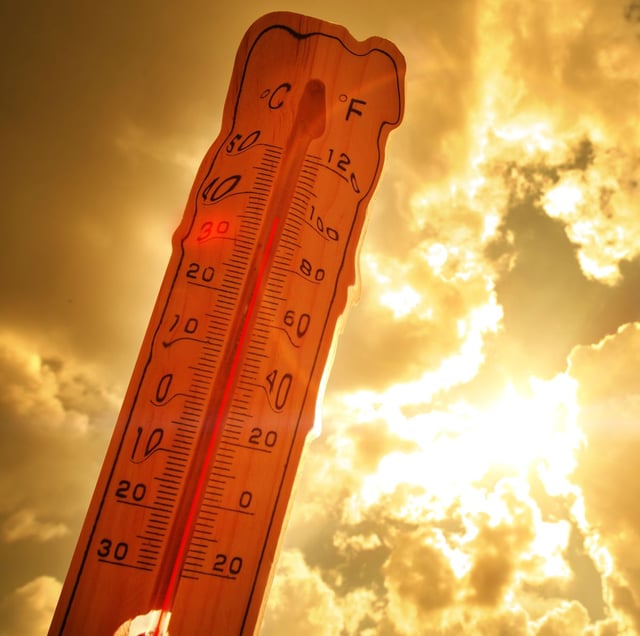Overview
- The Nature Climate Change paper analyzed 24,922 Taiwanese adults from 2008 to 2022, linking routine medical exams to heat‑wave exposure estimated from home addresses.
- Higher exposure correlated with about 0.023–0.031 years of added biological age—roughly 8–12 days—per reported exposure increment or two‑year span of heat waves.
- Elevated effects were found in seniors, rural residents, manual and outdoor workers, and communities with limited access to air conditioning.
- The measured impact appeared to decline over the 15 years studied, with researchers noting a possible role for expanding cooling access, though the reason is not confirmed.
- The study is observational and does not prove causation, and the authors call for mechanistic research alongside climate mitigation and targeted adaptation to protect vulnerable groups.


